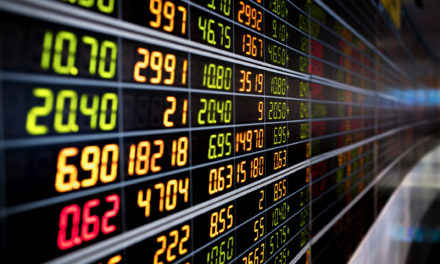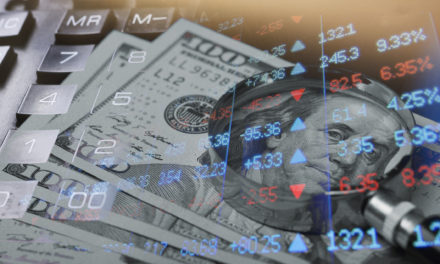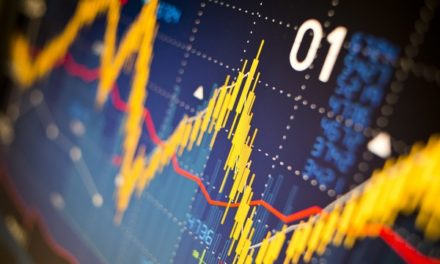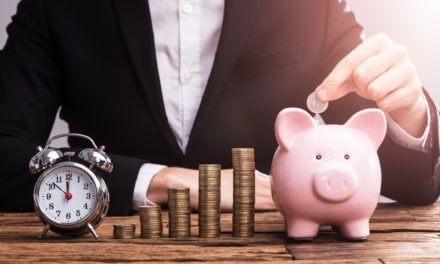
“Only buy something that you’d be perfectly happy to hold if the market shut down for 10 years.”
— Warren Buffett
The Warren Buffett investment philosophy calls for a long-term investment horizon, where a decade-long holding period, or even longer, would fit right into the strategy. How would such a strategy have worked out for an investment into Electronic Arts, Inc. (NASD: EA)? Today, we examine the outcome of a decade-long investment into the stock back in 2012.
| Start date: | 05/14/2012 |
|
|||
| End date: | 05/12/2022 | ||||
| Start price/share: | $14.38 | ||||
| End price/share: | $120.95 | ||||
| Starting shares: | 695.41 | ||||
| Ending shares: | 700.76 | ||||
| Dividends reinvested/share: | $1.02 | ||||
| Total return: | 747.57% | ||||
| Average annual return: | 23.83% | ||||
| Starting investment: | $10,000.00 | ||||
| Ending investment: | $84,773.23 | ||||
As shown above, the decade-long investment result worked out exceptionally well, with an annualized rate of return of 23.83%. This would have turned a $10K investment made 10 years ago into $84,773.23 today (as of 05/12/2022). On a total return basis, that’s a result of 747.57% (something to think about: how might EA shares perform over the next 10 years?). [These numbers were computed with the Dividend Channel DRIP Returns Calculator.]
Notice that Electronic Arts, Inc. paid investors a total of $1.02/share in dividends over the 10 holding period, marking a second component of the total return beyond share price change alone. Much like watering a tree, reinvesting dividends can help an investment to grow over time — for the above calculations we assume dividend reinvestment (and for this exercise the closing price on ex-date is used for the reinvestment of a given dividend).
Based upon the most recent annualized dividend rate of .76/share, we calculate that EA has a current yield of approximately 0.63%. Another interesting datapoint we can examine is ‘yield on cost’ — in other words, we can express the current annualized dividend of .76 against the original $14.38/share purchase price. This works out to a yield on cost of 4.38%.
More investment wisdom to ponder:
“As in roulette, same is true of the stock trader, who will find that the expense of trading weights the dice heavily against him.” — Benjamin Graham




